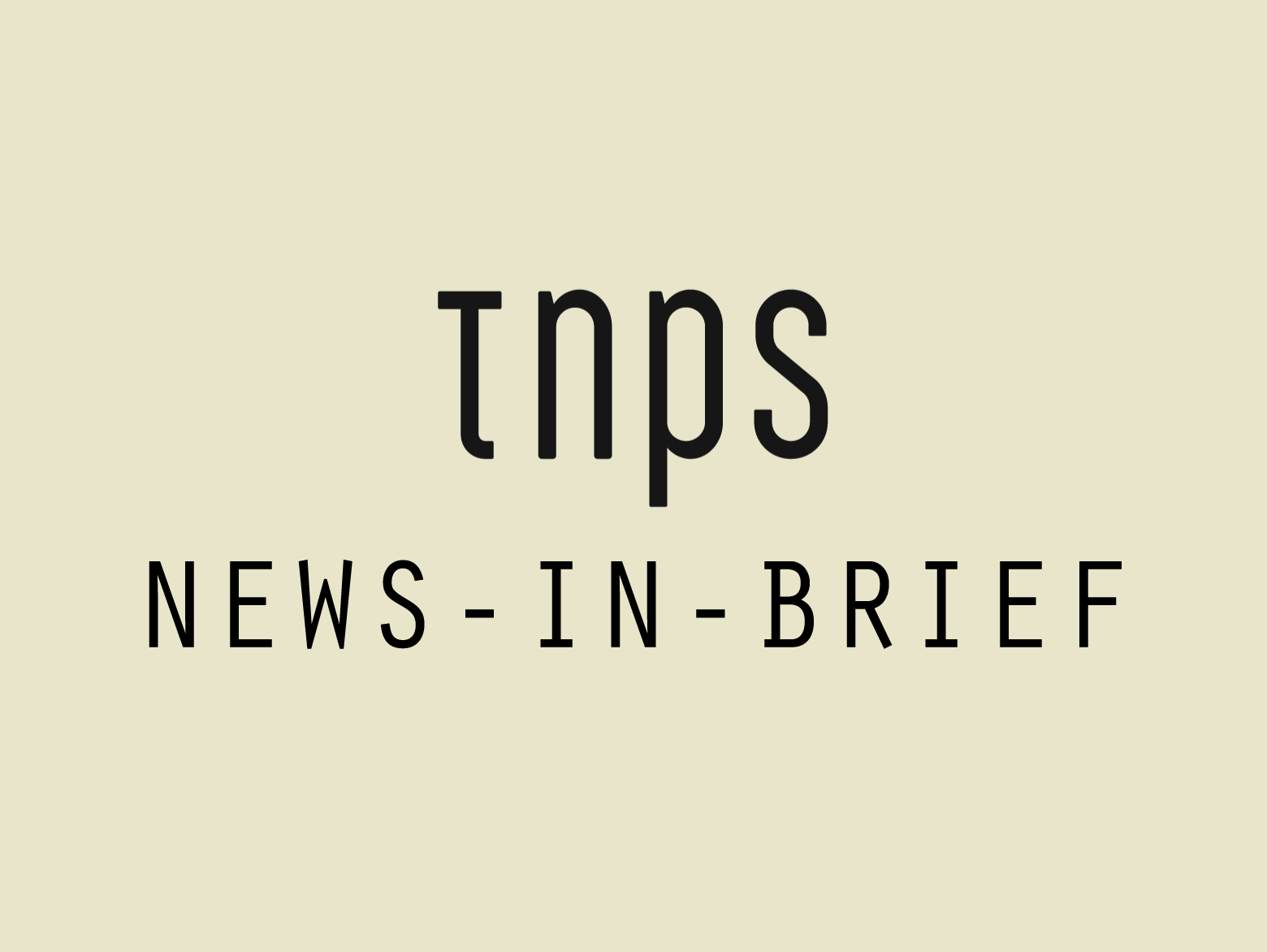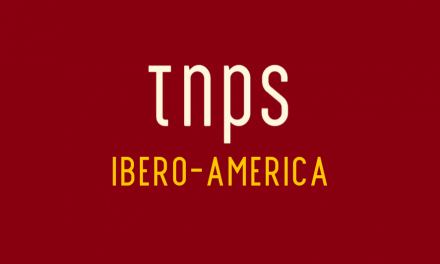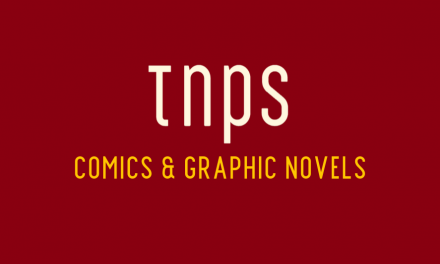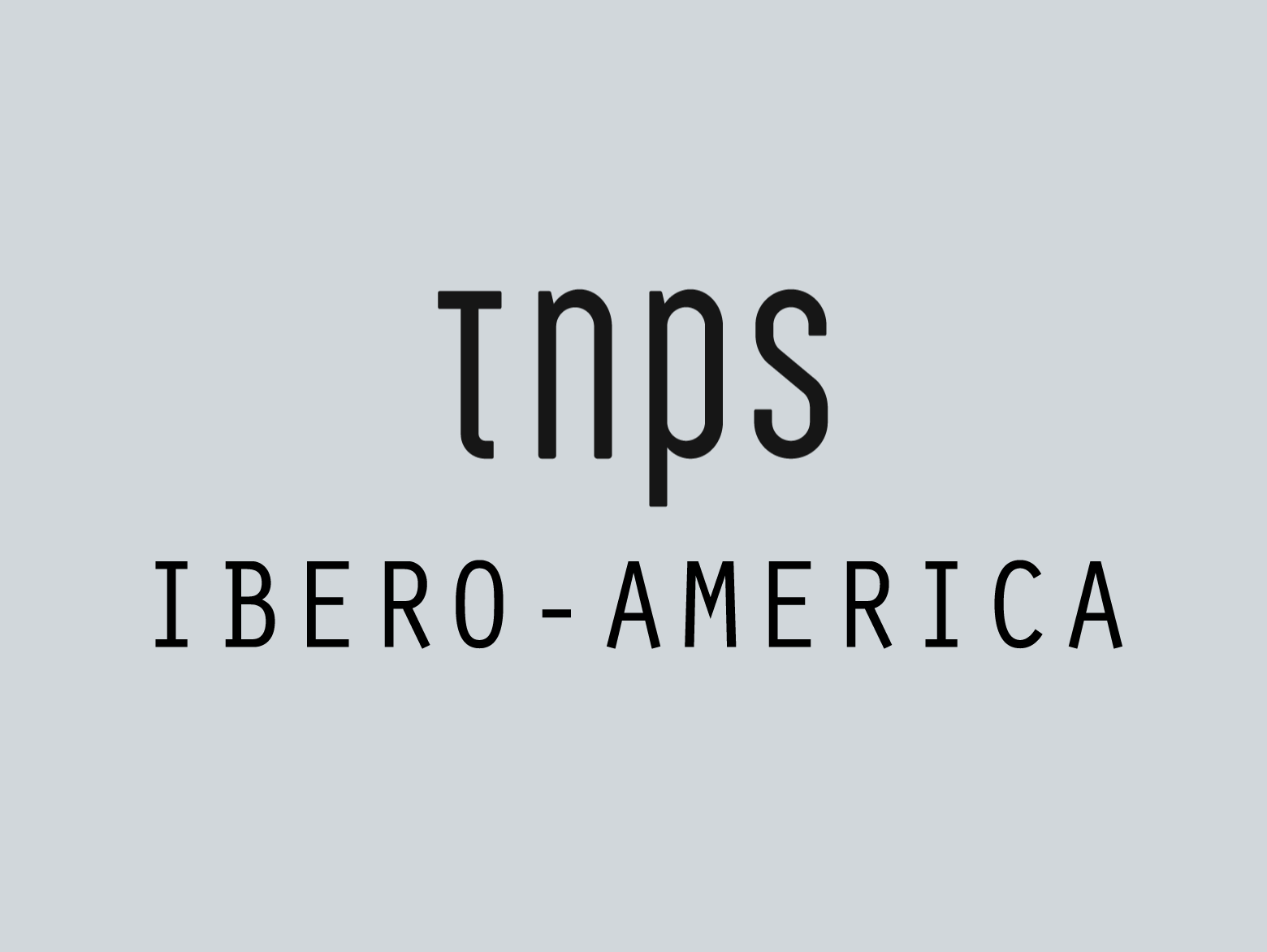Last month Google Loon, the project that aims to launch high-altitude balloons carrying internet relay equipment to bounce signals to and from the least accessible parts of the world, signed a deal with telco Vodafone Mozambique to float Loon balloons in the stratosphere 20km above the country.
What it means in effect is a floating network of cellphone towers over Mozambique offering 4G connectivity supporting Data, Voice, SMS and USSD and mobile financial services like M-Pesa.

A press release explained:
Using the Loon solution, Vodacom will expand mobile network access to Cabo Delgado and Niassa provinces (of Mozambique), two regions that have proven hard to cover in the past due to the vast and logistically challenging geographical areas, together with low population density.
The service will be available to any Vodacom subscriber with a standard 4G-VoLTE enabled handset and SIM card. Users will not need to do anything special to connect to the service; they will connect just as they would to a normal cell tower.
Vodacom Group CEO Shameel Joosub said:
Vodacom’s partnership with Loon is a perfect example of how technological innovation can connect the most rural communities in Africa. We are pleased to be part of this initiative in Mozambique, which is helping to bridge the digital divide. This is even more pertinent in the face of the COVID-19 pandemic, where more Mozambicans will now have access to healthcare information through our Loon partnership. We look forward to forging similar partnerships and projects across the continent, as we ensure that no one is left behind when it comes to accessing the global digital economy.”
For Loon, CEO Alastair Westgarth said:
We’re extremely pleased to be partnering with Vodacom, one of Africa’s largest mobile network operators, to begin serving parts of Mozambique in the coming months. Vodacom has a big footprint in Southern Africa, and provides service to tens of millions of people across multiple countries every single day. We view this as the first step to a larger partnership that will allow us to serve more of those users throughout Africa.
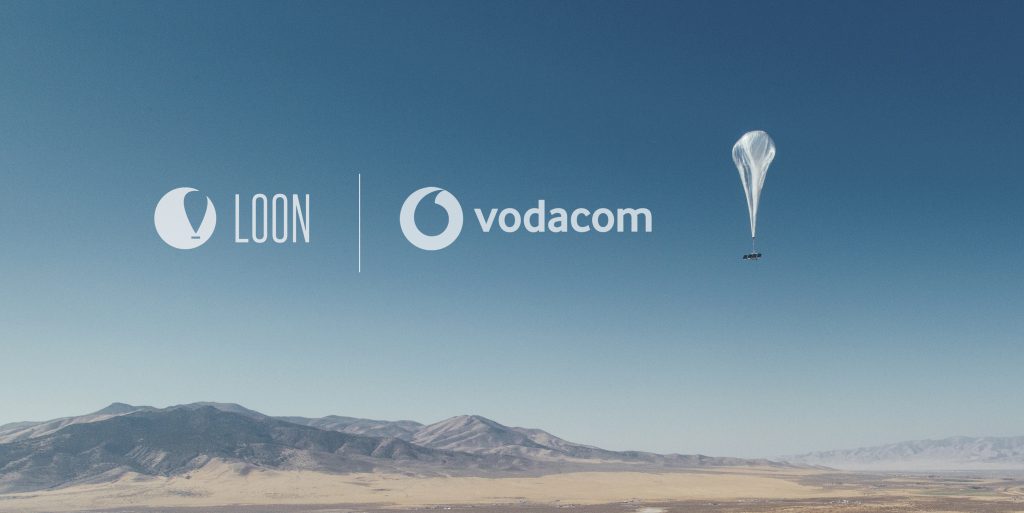
The press release adds:
In the coming months, Loon and Vodacom will work together to continue installing terrestrial infrastructure, which will serve as the physical connection point for Loon’s balloons to Vodacom’s internet and core network. Loon will also begin flying balloons above Mozambique to learn the stratospheric wind patterns on which the balloons must navigate to remain above the service area. Network integration testing is ongoing in order to ensure that this innovative solution works as intended. Loon and Vodacom expect to begin providing service to users in the coming months.
The balloons are launched from the USA and then navigated around the world to take up position as needed.
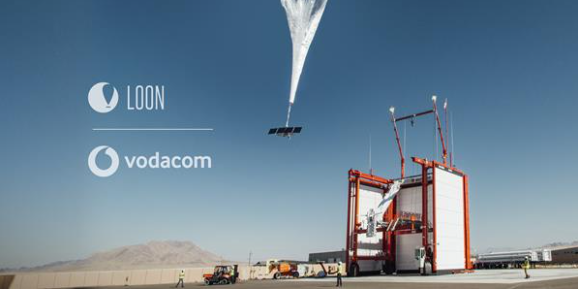
Check out these videos on YouTube for a better idea of how it works.
While there are no instant rewards here for publishers, the long-term prospects are exciting, as every mobile device connected to the internet is a potential recipient of digital books, always assuming any publishers have bothered to make them available.
As a Portuguese-speaking nation Mozambique is a potential audience for both domestic and international publishers. Not least those in or targeting the Portuguese-speaking markets of Brazil and Portugal.
Mozambique’s 31 million population may be at only 21% internet penetration, but that’s still 6 million people online – more than Denmark, Finland or New Zealand – all of which have vibrant digital book economies.
And across Africa, 2020 began with a total of 526 million people online.
That’s more people online in Africa than in the USA (312 million).
Or North America (345 million).
Or South America (307 million).
Or the EU (397 million).
Whether you’re on the continent or outside it, Africa is too massive and exciting a potential digital book market to be ignoring or treating as an afterthought.


